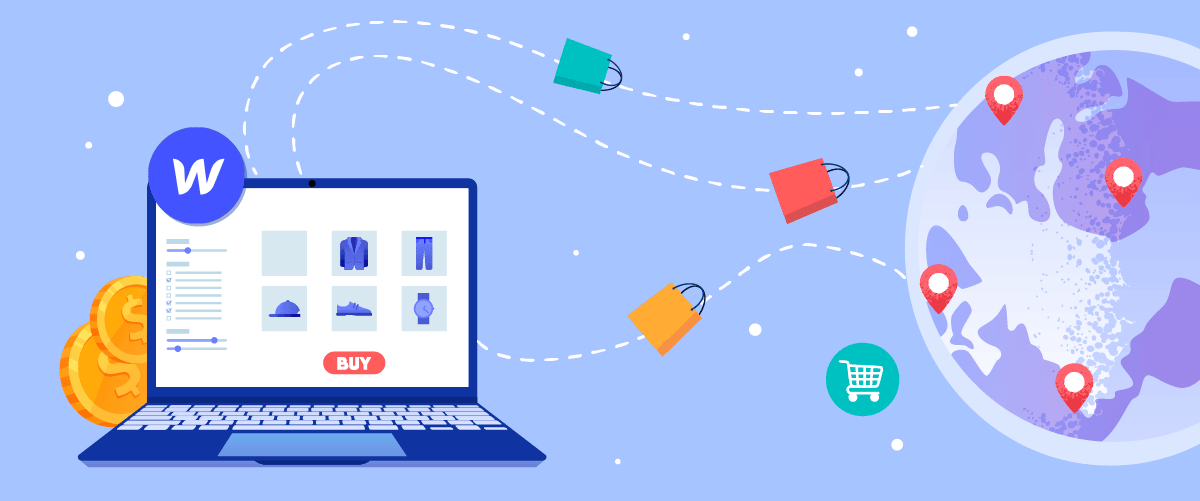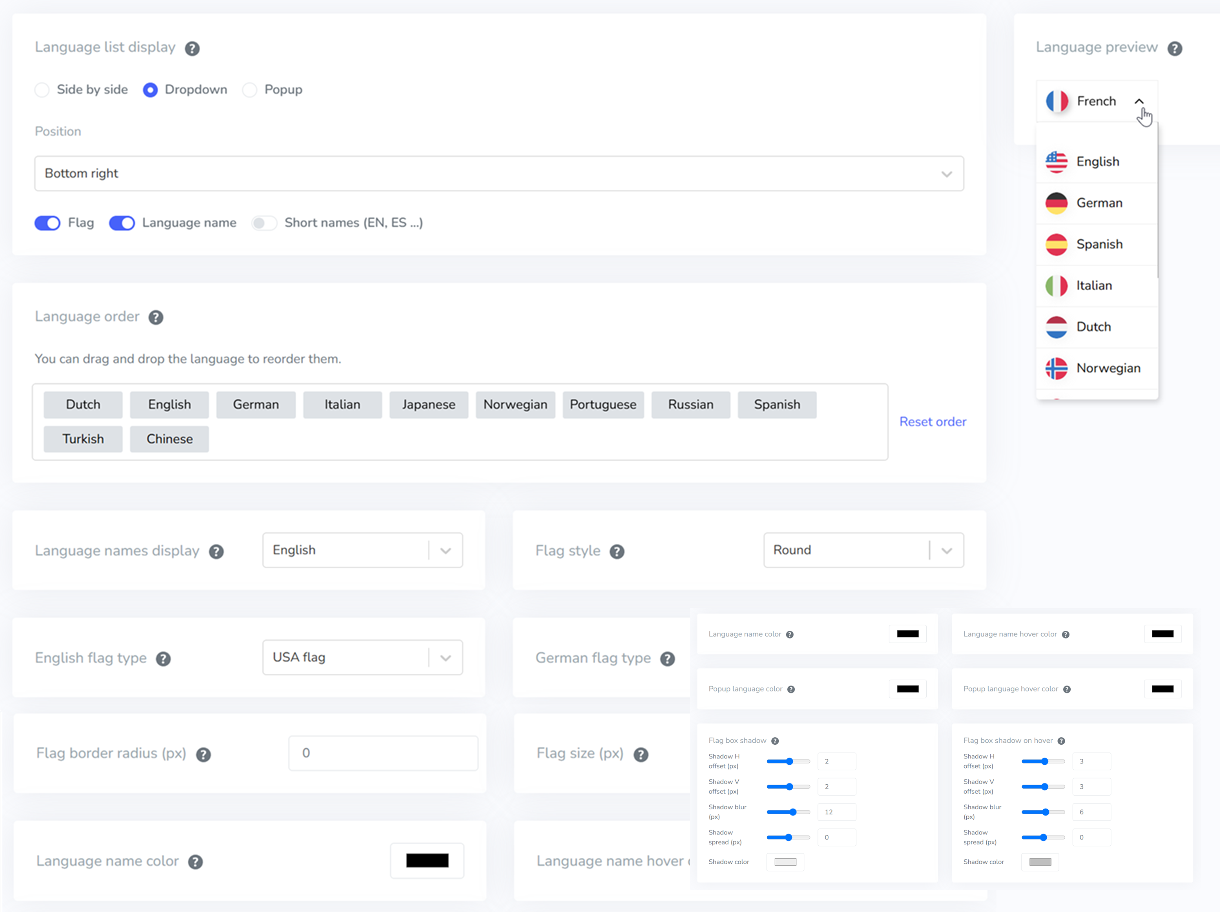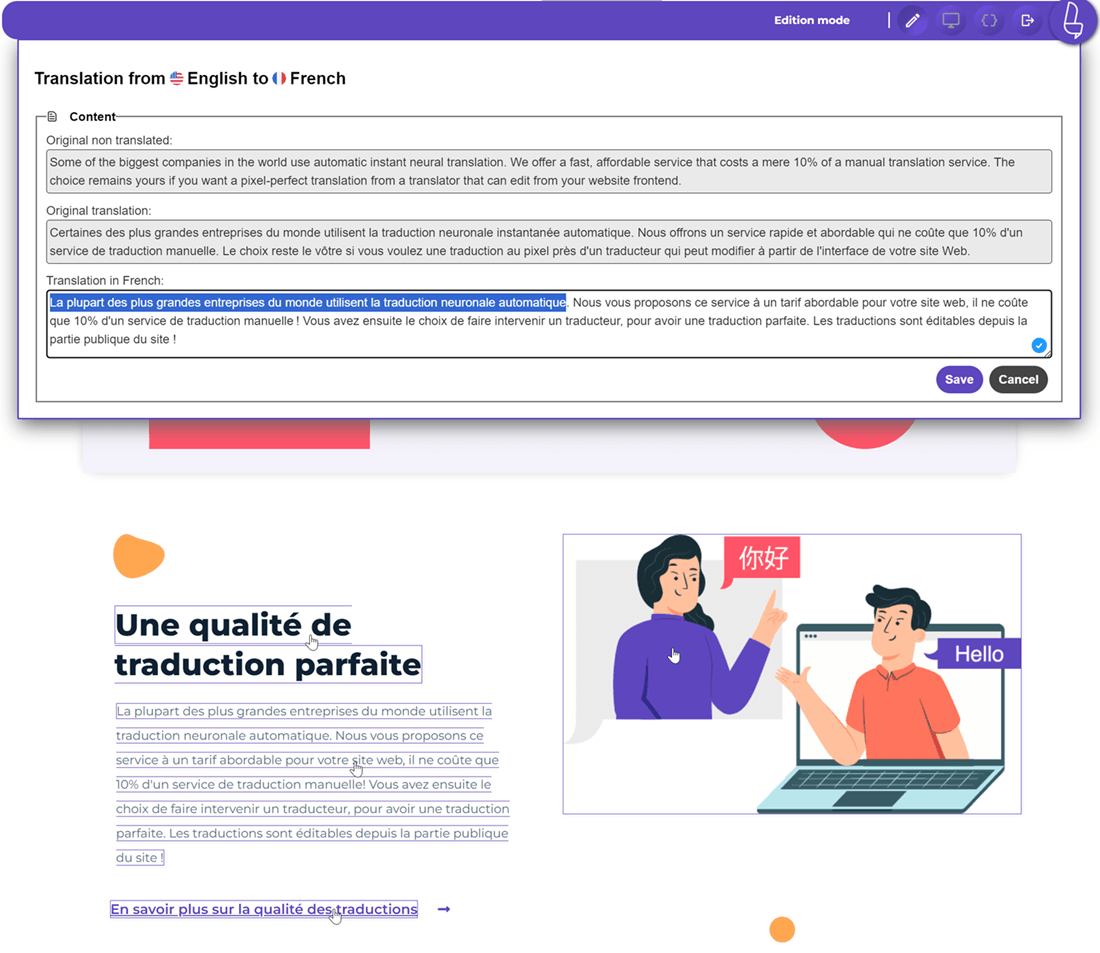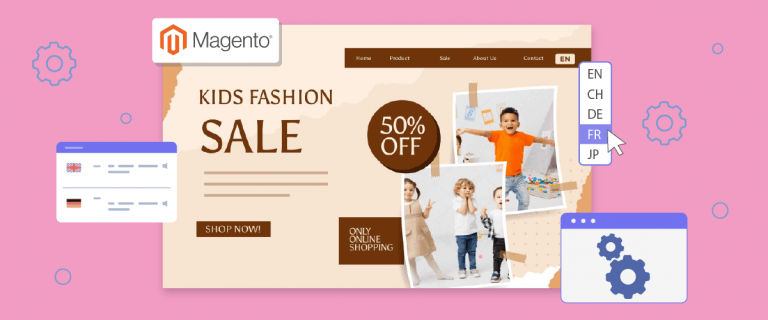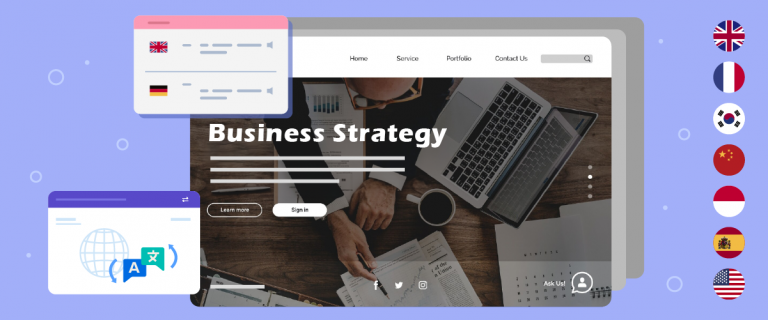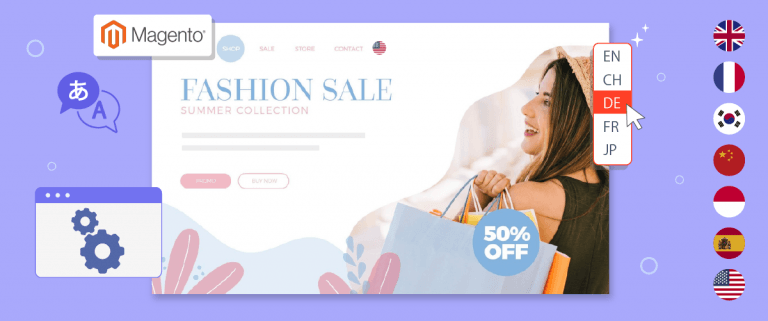Webflow eCommerce is an option you can choose if you want to build a multilingual eCommerce. The process of setting up your website is straightforward without requiring programming skills. In addition, Webflow comes with powerful features, including analytics that provide valuable insights into your store’s performance and a user-friendly dashboard to keep everything organized and efficient.
If you’re a Webflow eCommerce owner, it’s time to make your store discoverable by international users, but how? This article will detail tips you should follow to reach the global market on Webflow eCommerce.
Why is Webflow the best option to reach the international market?
Before delving further, you should know why Webflow is the right choice for reaching the international market. Here are the reasons.
Easy to integrate 3rd-party tools
Webflow’s ecosystem of integrations with popular third-party tools and services makes it a powerful platform for global eCommerce businesses. As the article on Flowout.com mentions, “Webflow eCommerce offers a wide range of integrations with popular tools and services, allowing you to extend the functionality of your online store.” These integrations cover various aspects of eCommerce, including payment gateways, shipping carriers, marketing automation, and more.
For businesses targeting international markets, these integrations become even more crucial. With just a few clicks, you can connect your Webflow site to solutions that cater to specific regional needs, enabling localized experiences for customers worldwide. For example, you can integrate with international payment gateways like PayPal, Stripe, or regional providers to offer multiple payment options tailored to different markets.
Support localization
Website localization is critical to reaching global audiences, and Webflow excels in this area. As highlighted on Webflow’s localization page, the support for localized metadata, sitemap, and URLs
With Webflow, you can easily create and translate Webflow content in multiple languages, enabling you to reach customers in their native tongue. This includes translating product descriptions, checkout pages, and other website content, removing language barriers, and providing a seamless shopping experience for international buyers.
Responsive and mobile-friendly design
Having a responsive and mobile-friendly design is essential for businesses targeting global markets. With Webflow’s responsive design capabilities, your eCommerce site will automatically adapt to different screen sizes and devices, ensuring a consistent and user-friendly experience for customers worldwide.
This is particularly important in the international market, where mobile usage and preferences vary significantly across regions. Some markets may rely more on mobile devices due to infrastructure or cultural factors, making providing an optimized mobile experience crucial.
Webflow’s visual design tools make it easy to create mobile-optimized layouts, ensuring your site looks great and performs flawlessly on any device, anywhere in the world. This attention to mobile responsiveness enhances the user experience and contributes to better search engine rankings, as search engines prioritize mobile-friendly websites.
Fully Support SEO
Search Engine Optimization (SEO) is a critical component of any successful eCommerce strategy, and Webflow provides comprehensive SEO features to help businesses rank higher in search engine results. As outlined on Webflow’s SEO page, the platform offers a range of SEO-friendly capabilities, such as adding and editing schema markup, automated SEO, easy sitemap controls, simple ALT tag editing, and many more.
International SEO becomes even more critical for businesses targeting global markets as you need to optimize your site for various search engines and languages. Webflow’s SEO tools enable you to create localized content and metadata tailored to specific regions, improving your site’s visibility and discoverability in those markets.
Benefit Webflow eCommerce from reach international market
Why should you reach international markets? Some people may think so, but here are some benefits you will get.
- Expand customer base and revenue potential: Expanding into international markets allows businesses to capitalize on regions with higher purchasing power or growing economies, unlocking new revenue streams and driving overall business growth. Additionally, businesses can leverage the power of the internet and Webflow’s eCommerce capabilities to reach customers in remote or underserved areas, further expanding their customer base and revenue potential.
- Diversification and risk mitigation: Expanding to serve customers worldwide helps businesses spread their risks, avoiding dependence on one market. With a global presence, they can handle challenges in one area by capitalizing on strengths elsewhere, ensuring a steadier income. Diversification also helps buffer against currency fluctuations, reducing the impact of exchange rate changes on earnings.
- Increased brand awareness & reputation: By creating localized and culturally relevant eCommerce experiences with Webflow, businesses can demonstrate their commitment to understanding and catering to diverse international audiences, fostering trust and loyalty among customers worldwide. A robust international presence can also contribute to positive word-of-mouth and social media buzz, further amplifying brand awareness and reputation across various markets.
- Access new markets: businesses can quickly and efficiently adapt their online presence to cater to the specific needs and preferences of new international markets, allowing for seamless entry and maximizing their chances of success. Additionally, access to new markets can open doors to strategic partnerships, collaborations, or even acquisitions, further accelerating business growth and development on a global scale.
5+ Tips Webflow eCommerce for reach the international market
Now you know what benefits you will get if you reach international markets. Next, we will discuss tips to make Webflow eCommerce successful in reaching the global market.
Choose your target customer

By understanding your target customers, you can tailor your marketing strategy, website design, and product offerings to meet their needs and preferences better.
In-depth market research is crucial for identifying the ideal target customers, including demographics, lifestyles, shopping behaviors, and other relevant factors.
For example, if you’re selling women’s fashion products, your target customers might be women aged 25-35, with above-average income, living in urban areas, and following the latest fashion trends. Understanding these characteristics allows you to customize website design, marketing content, and product offerings to capture their interest.
Where is customer's target country

Determining the target countries for your customers is a crucial step in developing an effective global marketing strategy. Each country has different cultures, preferences, and regulations, so it’s important to understand the unique characteristics of each market you’re targeting. Comprehensive market research can help you identify opportunities and challenges in each country and tailor your marketing strategies and product offerings accordingly.
Moreover, understanding the geographical locations of your target customers is also important for optimizing shipping and logistics. You must consider shipping costs, delivery times, and export/import regulations applicable to each country.
For example, to market products to the European market, you must consider major countries like Germany, France, Italy, and Spain. Each country has different preferences, regulations, and challenges regarding logistics, payments, etc.
Explore the website design that customers expect

Creating an attractive website design that aligns with customer expectations is crucial in crafting an online shopping experience. Every country and culture has different design preferences, so it’s important to research and understand the design expectations of your target customers.
For instance, some cultures prefer simple and minimalist designs, while others prefer richer and colorful displays. Additionally, intuitive layout and navigation flow are crucial for a seamless user experience.
Researching the preferred website designs of your target customers can be done through surveys, competitor analysis, or even by observing customer preferences in the local market. You can enhance trust, loyalty, and conversion rates by providing website designs that meet customer expectations.
In Japan, minimalist and elegant website designs are highly favored, whereas in Arab countries, bright colors and decorative patterns are more popular. Understanding these design preferences allows you to create an online store more appealing to your target customers.
Find out the obstacles in the purchasing process
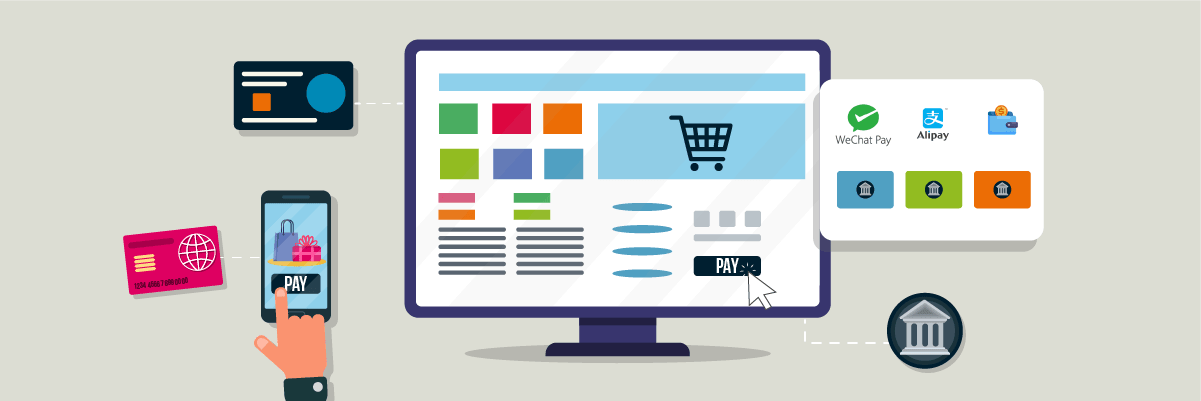
Identifying and addressing barriers in the purchasing process is crucial in creating a smooth online shopping experience for global customers. Every country and culture has different preferences, regulations, and challenges in the purchasing process, so it’s important to understand and effectively address them.
One common barrier is payment issues. Payment methods popular in one country may not be available or preferred in another. Therefore, it’s important to offer various payment options that align with the preferences of your target customers, such as credit cards, bank transfers, digital wallets, or popular local payment methods.
Another potential barrier is shipping and logistics issues. Customers from different countries may have different expectations regarding delivery time, costs, and reliability. To address this, you must collaborate with reliable logistics providers and offer flexible shipping options according to customer needs.
It’s important to be aware of these barriers and overcome them.
In China, WeChat Pay and Alipay are very popular payment methods, while in Brazil, bank transfers or digital wallets like PicPay are more commonly used. By offering suitable payment options, you can overcome barriers in the purchasing process.
SEO & marketing for global reach
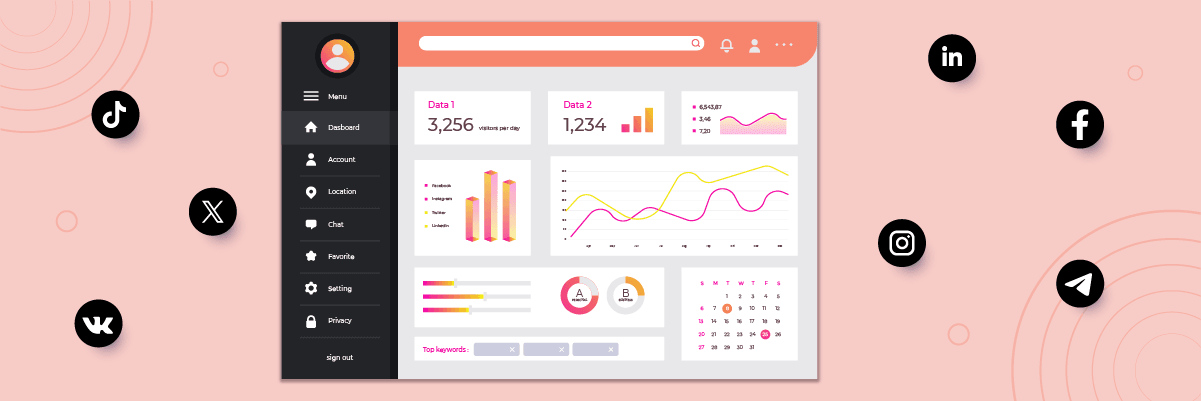
By optimizing your content and multilingual marketing strategies for search engines and popular social media platforms in the target market, you can increase the chances of attracting new potential customers and boosting sales.
In global SEO, optimizing your website content with relevant and popular keywords in each target market is important. This may include translating content into local languages, using appropriate metadata, and technical optimization such as user-friendly URL structures and page loading speed.
Moreover, digital marketing should also be tailored to the preferences and behaviors of users in each market. For example, in some countries, social media platforms like WeChat or LINE are more popular than Facebook or Instagram.
For example in Russia, VK (VKontakte) is a more popular social media platform than Facebook or Instagram. By optimizing content and marketing strategies for VK, you can increase the visibility of your products in the Russian market.
Optimize multilingual product
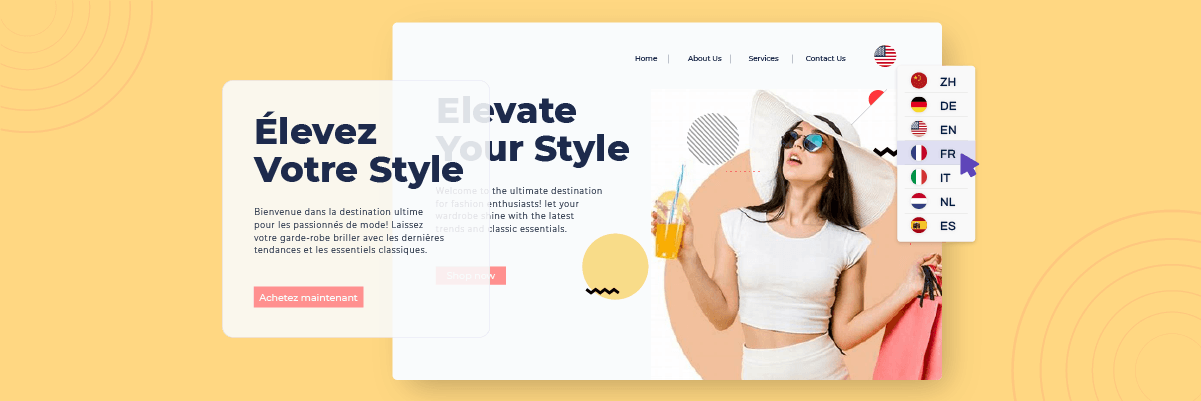
First and foremost, it’s important to identify the primary languages used in your target market. Then, translate all product content, descriptions, and related information into those languages. Use professional translators or reliable translation services to ensure accurate and high-quality translations.
Additionally, optimize metadata such as titles, descriptions, and keywords for each language version of your products. This will help improve the visibility of products in local search engines and ensure that customers can easily find your products.
Here are some product-related aspects you should optimize.
- Translate product descriptions into the target languages, including details about materials, sizes, and care instructions in languages the target customers understand.
- Provide versions of guides in various languages. For example, if you’re selling electronic equipment, include user manuals in significant languages such as English, Mandarin, Spanish, and French.
- Offer customer support in multiple languages via email, live chat, or phone number. This will help overcome language barriers and provide a better customer experience for your global market.
Integrate Webflow eCommerce with Linguise to optimize multilingual eCommerce
You should know what tips can help Webflow eCommerce reach the international market by now. As mentioned above, the key to achieving global customers is to prepare the translation of your products and content.
To achieve the best, accurate, and contextually appropriate translation results, Linguise translation service can be one of the translation service options you can use.
Linguise is integrated with over 40+ CMS and web builders, including integration with Webflow. Its various features and ease of use make it easier to translate Webflow eCommerce products. Here are some of Linguise’s standout features:
- Automatic translation: Linguise works by automatically detecting content pages and translating them into the target language. This process runs quickly so that you can translate content in just a few seconds.
- Customize language switcher: Linguise allows you to customize the language sensitivity buttons, you can make the buttons according to your own preferences.
- Supports over 80 languages: Linguise supports around 85 languages, both the most spoken languages in the world and traditional ones rarely used.
- Front-end live editor: Editing translated results can be quickly done using the live editor feature. This feature makes it easy to edit automatically translated results that may not match the original language.
- Fully supports multilingual SEO: Multilingual SEO is the key factor in how your eCommerce site can appear in search results in various countries. Some SEO factors Linguise provides include translating URLs, multilingual sitemaps, hreflang URLs, and many more.
- Dynamic translation: If your pages contain content generated by AJAX or JavaScript, such as placeholder text on labels, button text, etc., it can be automatically translated using the dynamic translation feature.
- Possible to invite translators: If you want to improve the translation context, you can invite professional translators to the Linguise dashboard. You can invite as many translators as you need to assist you with the translation because translator translations will certainly be more suitable for language culture.
- Translation exclusion rules: On websites, there are often languages that need to be excluded, such as brand names or specific terms that, if translated into another language, would result in strange results. Therefore, Linguise provides this feature to exclude based on text, lines, or others.
Conclusion
Webflow eCommerce offers a powerful and flexible platform to reach the global market. To succeed in reaching international markets, businesses must follow the tips mentioned above.
One key to success in the global market is providing well-translated content and products in various languages. By integrating Webflow eCommerce with translation services like Linguise, businesses can ensure that their content and products are translated accurately, contextually, and highly. So, what are you waiting for? Register for a free Linguise account now and get up to 600,000 words translated.

